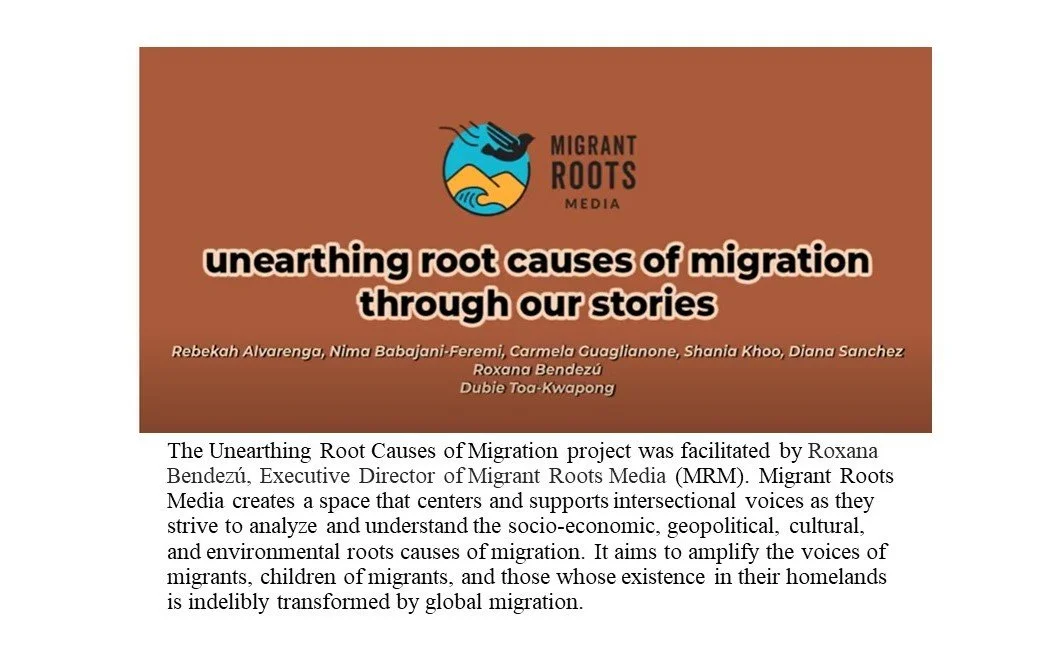Our future will demand interdisciplinary collaboration. How do we prepare faculty and students for that emerging world?
By Laura Howes and Meghan O’Neil, Duke University
Laura Howes is the Director and Meghan O’Neil is the Assistant Director of Bass Connections at Duke University. Bass Connections was featured on Methodspace in February 2022. This innovative program supports interdisciplinary inquiries that engage undergraduate, graduate, and faculty researchers. Interviews and examples of Bass Connection’s projects can be found here. You are invited to explore, adapt, and deploy their open access resources for team success.
Think of any of the myriad of challenges facing society today: climate change, COVID-19, international conflicts, political polarization, systemic racism, and health inequality. It’s a daunting list. Fortunately, there are researchers and practitioners across a wide range of fields who are dedicating their expertise to addressing these issues.
None of these complex challenges, though, can be addressed holistically by experts in any one field. Take climate change – we need scientists and engineers to develop new green technologies and infrastructure, policy makers to draft legislation that supports innovation and regulates pollution, environmental justice leaders to ensure that climate action does not disadvantage marginalized communities, business strategists to develop sustainable economic models, behavioral scientists to inform policies seeking to redirect individual behavior, and storytellers to communicate the urgency of the climate crisis.
Duke Students participate in the United Nations Climate Change Conference
The growing recognition of the need for collaboration across fields has led to the creation of a new interdisciplinary field of study – “the science of team science” – defined by the National Academies as the study of how diverse teams collaborate to achieve genuine breakthroughs. Many universities and research centers have developed initiatives to support interdisciplinary and transdisciplinary collaboration; yet, most doctoral programs – those programs charged with developing the next generation of experts – pay very little attention to developing the capacity of students to participate in and lead collaborative endeavors. The result is that many faculty and researchers, in their drive to solve complex problems, find themselves needing to engage in collaborative research projects but lacking the requisite experience in teamwork, project management, and equitable community engagement.
To foster collaborative, boundary-spanning research and build the capacity of students to tackle the complex challenges of our present and future, Duke University supports approximately 60 interdisciplinary research teams each year through an innovative academic program called Bass Connections. These project teams generally include 2-4 faculty and staff leaders, 1-4 graduate and professional students, and 4-10 undergraduate students, all from different backgrounds, who work together over the course of a year or more to address an applied research question, often working alongside community partners.
A team of Duke students with Malagasy partners researching the interplay between human health and biodiversity conservation in Madagascar
When these collaborative projects find their feet, they work tremendously well – seeding or scaling cutting-edge research, developing critical thinking and teamwork skills in students, and providing faculty with experience leading research teams. But when these teams struggle, it negatively impacts the students, faculty, and the research outcomes. Consider the following two student quotes, which highlight the fulfilment and frustrations of working in teams:
“Bass Connections has been, by far, the best learning experience I have had in my life. The multidisciplinary team approach helped me learn in new ways. I have formed close friendships with everyone on my team. This experience has led me to find a topic of study I am truly passionate about.” – Undergraduate student
and
“The scope of the project was poorly defined, and remained poorly defined for a long time, making it difficult to distribute the work over the course of the year. The breadth of questions being asked, and the sheer number of people on the team, made it difficult to feel like there was a clear goal or accountability.” – Graduate student
So what makes some teams succeed where others do not?
Since the Bass Connections program began in 2013-2014, we have conducted an annual program evaluation to identify common team challenges and the factors that contribute to team success. Using this information, we have developed best practice guidance and resources to ensure that more teams launch well and have the know-how to handle challenges as they arise. While even well-constructed and effectively led teams sometimes do not attain their research objectives (always a potential outcome of truly ambitious, open-ended inquiry), we want to avoid any failures resulting from poor organization and lack of teamwork.
Bass Connections project teams are not homogenous – they cover an expansive array of topics and deploy an astonishing variety of research methods; they range in size from 5 to up to 25 members; and they organize themselves using intact or sub-team models. Indeed, we encourage our teams to experiment with new models of organization. But within this flexible structure we also encourage adherence to the following core principles for effective teamwork:
Project management and team organization: Collaborative research projects require that every member of the team understands the project goals and timeline as well as their role on the team and the roles of their teammates (though of course both goals and roles can evolve). The absence of clear roadmaps is by far the most common oversight by team leaders and it invariably impedes research progress and generates dissatisfaction.
We accordingly encourage all teams to work together to develop a project charter and timeline and to revisit these documents as their work progresses. We also encourage faculty leads to designate a graduate or professional student as a project manager to ensure that each team has someone focused on project planning and organization, and we provide those project managers with training and resources. Importantly, by assigning this role to an advanced student, team leaders empower those individuals to practice leadership and mentorship, enhancing their capacities to manage multifaceted projects. As one Ph.D. student reflected after serving in this capacity,
“I want to be a PI in the future so working as a team leader for our Bass Connections project was extremely useful for developing those project/grant management skills and recognizing the areas I still need to develop. I've learned a tremendous amount about how to manage a research project and mentor undergraduates, which will help me in every stage of my career from here on out.”
Communication and teamwork: Successful teams depend on trust as well as open and transparent communication among all team members. Effective communication is especially critical on multidisciplinary teams in which team members tend to view issues from different perspectives, use different conceptual languages, and approach problems using different methods.
To enhance communication and avoid the pitfalls of misinterpretation and distrust, we encourage teams to invest time in team building activities that establish social bonds and to develop team ground rules that help set a foundation for how the team will operate. To streamline communication, we also invite our teams to use online communication and project management platforms. However, we also caution that such tools alone will not ensure effective communication, and can actually contribute to communication breakdowns when there isn’t consensus or buy-in from the whole team on tool use and workflow. As one undergraduate commented about participation on a team with a solid communications framework,
“The culture of this team... is one where individual exploration and meaningful support from others go hand in hand, allowing me to focus on my unique interests while developing key research and critical thinking skills. Our leadership does an excellent job facilitating positive and productive group dynamics, and working with others to meet our common and individual goals has proven to be one of the best examples of teamwork I have seen.”
Layered mentoring: Most Bass Connections projects include graduate and professional students who mentor undergraduates throughout the research process and help faculty team leaders manage project organization and flow. This approach mirrors how most teams function outside of higher education, drawing on individuals with varying levels of expertise and positional power.
We have found that layered mentoring provides undergraduate students with a “near-peer” who can answer questions and build their confidence. This structure also provides graduate and professional students with opportunities to deploy subject area expertise and practice teaching and leadership skills.
In addition to these more traditional hierarchical mentoring relationships, interdisciplinary teams also create unique opportunities for mentoring across all levels, including undergraduate students introducing new skills and techniques to faculty. These mutual dependencies can foster team connectivity across levels and disciplines and help ensure the effective integration of work streams. As one team lead noted,
“Everyone has expertise, from beginning undergraduates to Ph.D. students to faculty, that they were able to bring to the table this year. That has been wonderful to watch, because I learn from students, they learn from each other, our staff participants learn and teach, etc.”
After observing more than 730 project teams over 9 years, we have seen powerful demonstrations of the potential of interdisciplinary teams. When these teams are well-structured and follow best practices for team success, they can be a nexus for cutting-edge research and impactful engagement with community partners, and can provide transformative research experiences for faculty and students alike.
















The Director and Assistant Director of the Bass Connections program at Duke University share lessons learned and open access resources for team success in interdisciplinary collaborative research.